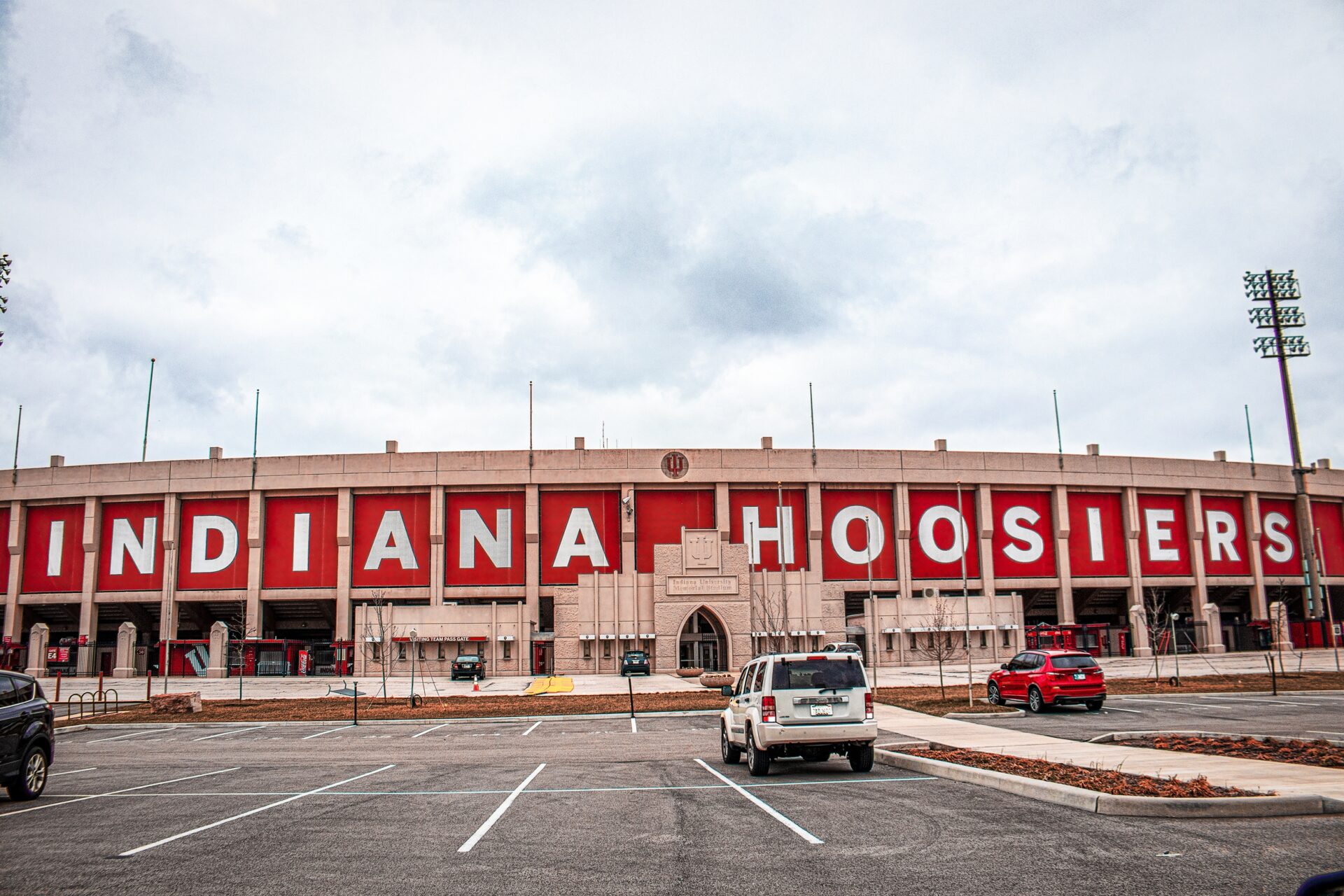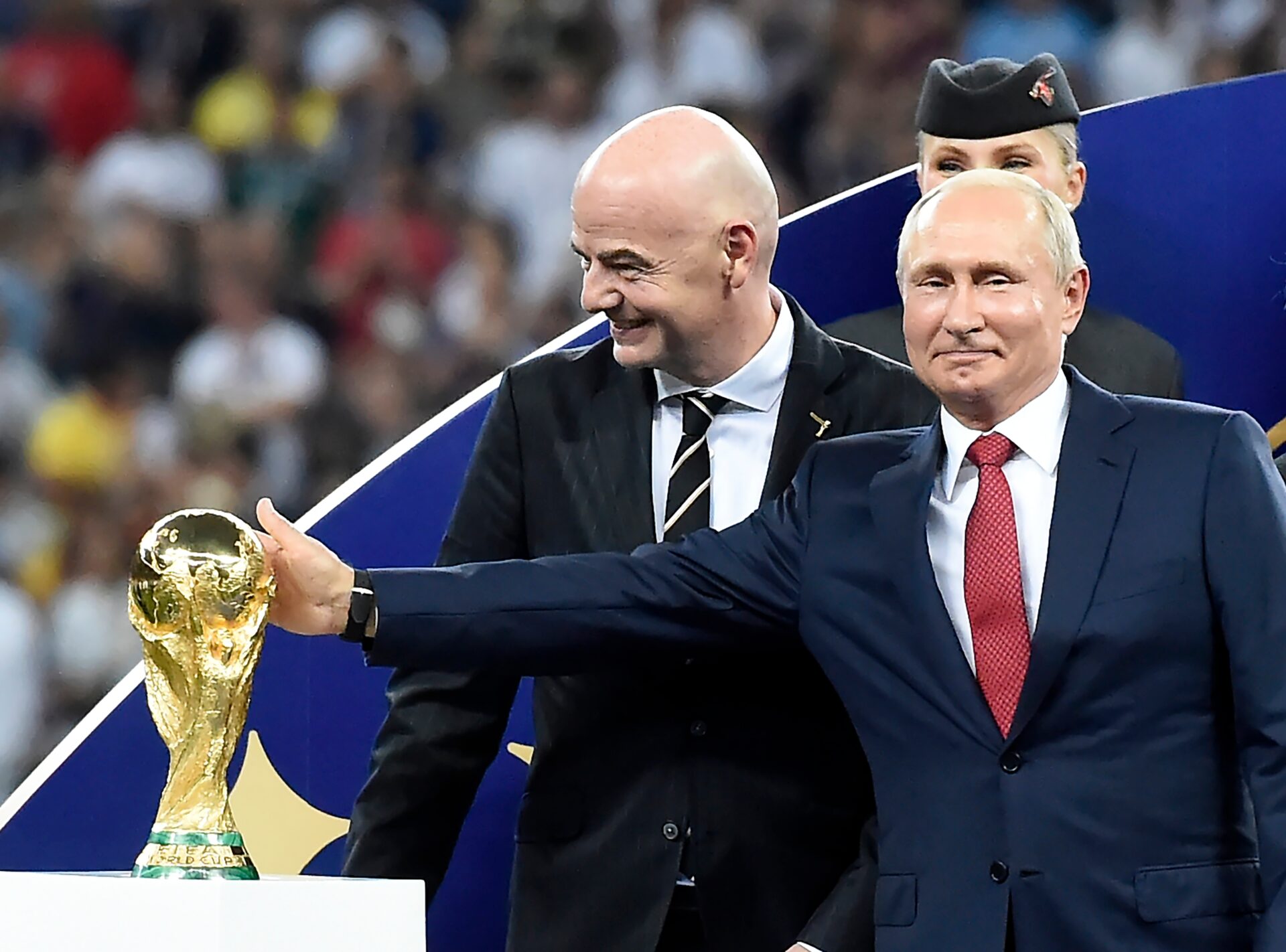
Team Wants Softer Schedule, Draws FIRE AND IRE!
Indiana Hoosiers football coach Curt Cignetti has ignited fierce debate by adopting a scheduling strategy aligned with the SEC’s controversial approach, raising questions about fairness and playoff manipulation in college football.
At a Glance
- Indiana canceled a series with Virginia for a softer non-conference schedule.
- Coach Cignetti defends the move as strategic for maximizing playoff chances.
- Critics argue the schedule reduces competitiveness and fan appeal.
- The approach could influence other Big Ten teams and prompt CFP criteria changes.
- The decision spotlights broader concerns over economic disparities in college football.
Curt Cignetti’s Bold Scheduling Strategy
Curt Cignetti, who led Indiana to an 11-2 record and a College Football Playoff appearance in 2024, recently announced a shift in scheduling philosophy. After canceling a high-profile home-and-home series with Virginia, Indiana opted to schedule three non-conference games against Group of 5 (G5) or FCS opponents—mirroring the SEC’s risk-averse scheduling tactics.
Cignetti defends this approach, emphasizing its alignment with current playoff incentives and its potential to pave a smoother path into the playoffs by minimizing early-season losses. However, the strategy has drawn criticism for sacrificing competitive integrity and diminishing marquee non-conference matchups, which are traditionally fan favorites and TV ratings drivers.
Impact on College Football
Indiana’s move could set a precedent within the Big Ten, encouraging other programs to adopt similar scheduling philosophies. This trend may pressure the College Football Playoff Committee to revise its selection criteria, which critics argue currently incentivizes cautious scheduling over competitive fairness.
The softer schedule also benefits Indiana financially through more home games but risks alienating fans seeking high-stakes, competitive early-season contests. The broader college football landscape faces growing polarization over such tactics and their implications for the sport’s future.
Watch a report: Indiana Hoosiers’ Controversial Scheduling Strategy
Broader Implications and Industry Reaction
Beyond immediate effects, Indiana’s scheduling choice highlights deep economic and competitive disparities within college football. Aligning with SEC practices exposes the growing divide between power conferences and smaller programs, raising calls for standardized scheduling rules and automatic playoff qualifications.
Opinions are divided among analysts and stakeholders. Some praise Cignetti’s pragmatic adaptation to the playoff landscape, while others warn it undermines the essence of competition and diminishes opportunities for meaningful inter-conference showdowns.
As the debate intensifies, Cignetti advocates for objective playoff criteria and standardized scheduling policies across conferences to preserve fairness and clarity in college football’s evolving postseason structure.


